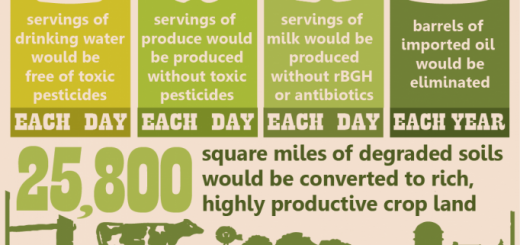Choosing a hotel when traveling is one of the pieces of the sustainable tourism puzzle. Sustainable tourism focuses on the current and future economic, social, and environmental impacts that address the needs of visitors, the industry, host communities, and the environment. With emphasis on the environment, travelers can play their part in reducing their footprint. Choosing a green hotel is a great first step.
Green hotels are defined as environmentally friendly properties that have adopted practices that save water, save energy, and reduce solid waste, all while saving money and helping to protect the environment. These practices are necessary in most hotels and resorts due to the amount of waste generated and water and energy consumed. On average, hotels emit 20.6 kg of carbon dioxide per night, guests can consume 440 liters of water per day per tourist, and 1 kg of waste is generated per guest per day.
Tourists are encouraged to stay in green hotels when traveling. Do research on hotels that are doing their part in reducing their impact, look for environmental or sustainability statements, ask staff what is being done on site, and feel free to make suggestions. Several states have programs that designate green hotels. When traveling for instance in Florida, visitors can use the Florida Green Lodging Association to choose a green hotel or resort to stay in.
The Florida Green Lodging Association recognizes lodging facilities that strive to preserve and protect Florida’s environment through sustainable practices. The program’s environmental guidelines allow the hospitality industry to evaluate its operations and ongoing environmental practices.
This is part of the Florida Department of Environmental Protection (DEP) and is a voluntary program started in 2004vthat hotels and resorts can adopt. In order to be designated in the program, facilities must undergo a property assessment and implement environmental practices in the following five categories:
- Communication and Education (Customers, Employees, Public)
- Waste Reduction, Reuse, and Recycling
- Water Conservation
- Energy Efficiency
- Indoor Air Quality
Some of the most popular environmental initiatives include environmental education for employees and guests, conducting waste audits, installing water-conserving technology, and recycling.
Each section has a minimum point total required in order to achieve the designation where hotels and resorts may choose which environmental practices they apply. The Florida Green Lodging Program uses a 4-level tiered designation system, assigning different “Palm” levels. The higher the Palm level, the more points have been awarded.
Hotels and resorts are designated for three years and must annually submit environmental performance data on water and energy use and waste management. Facilities must also implement two new environmental practices in any of the five categories. The Florida Green Lodging Program ties in environmental benefits with saving money and increasing occupancy rates.
As of November 2014, there are 718 designated Florida Green Lodging properties. Click here to view the list of designated properties by district.
Click here to learn more about the Florida Green Lodging Program.









